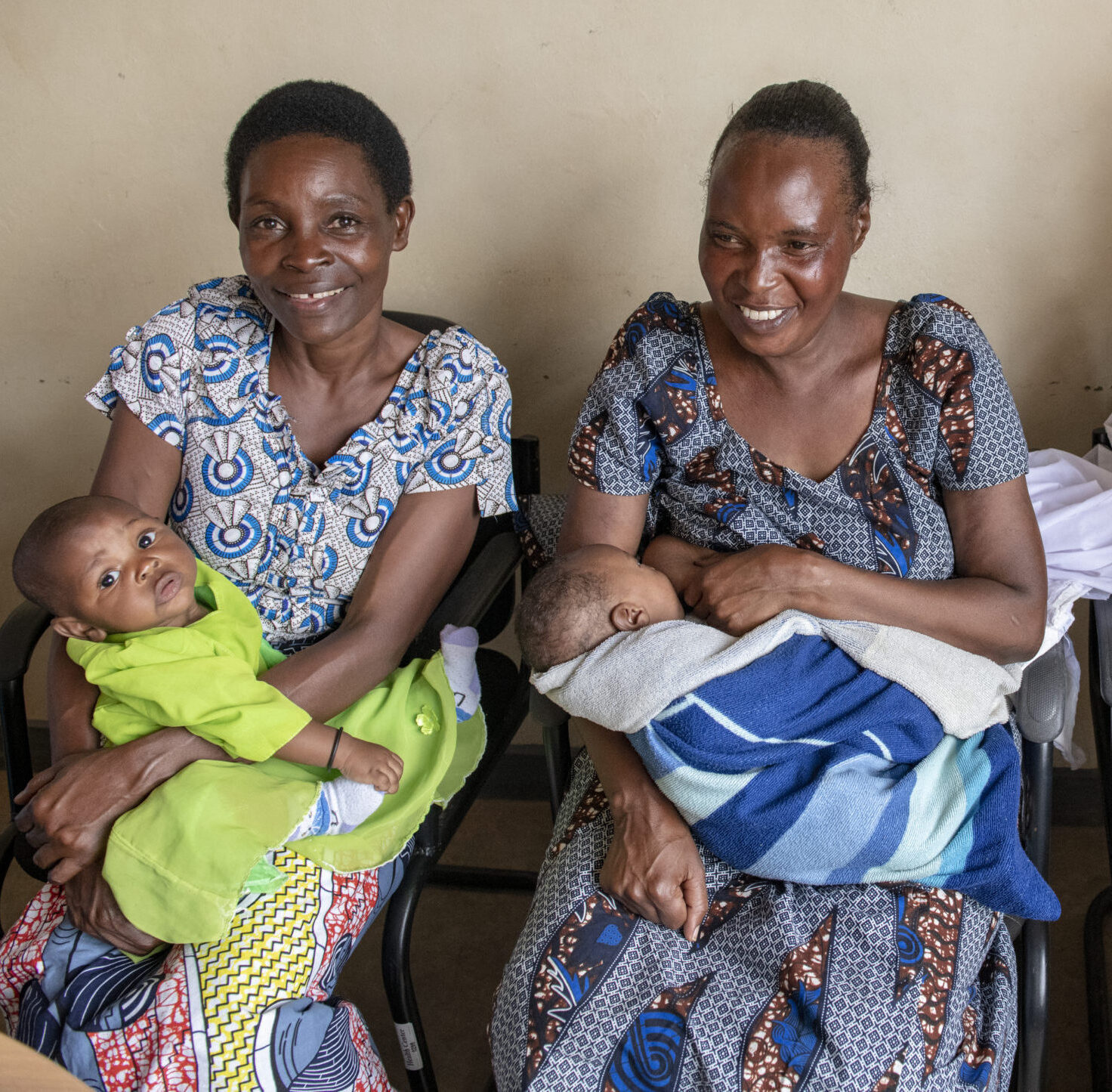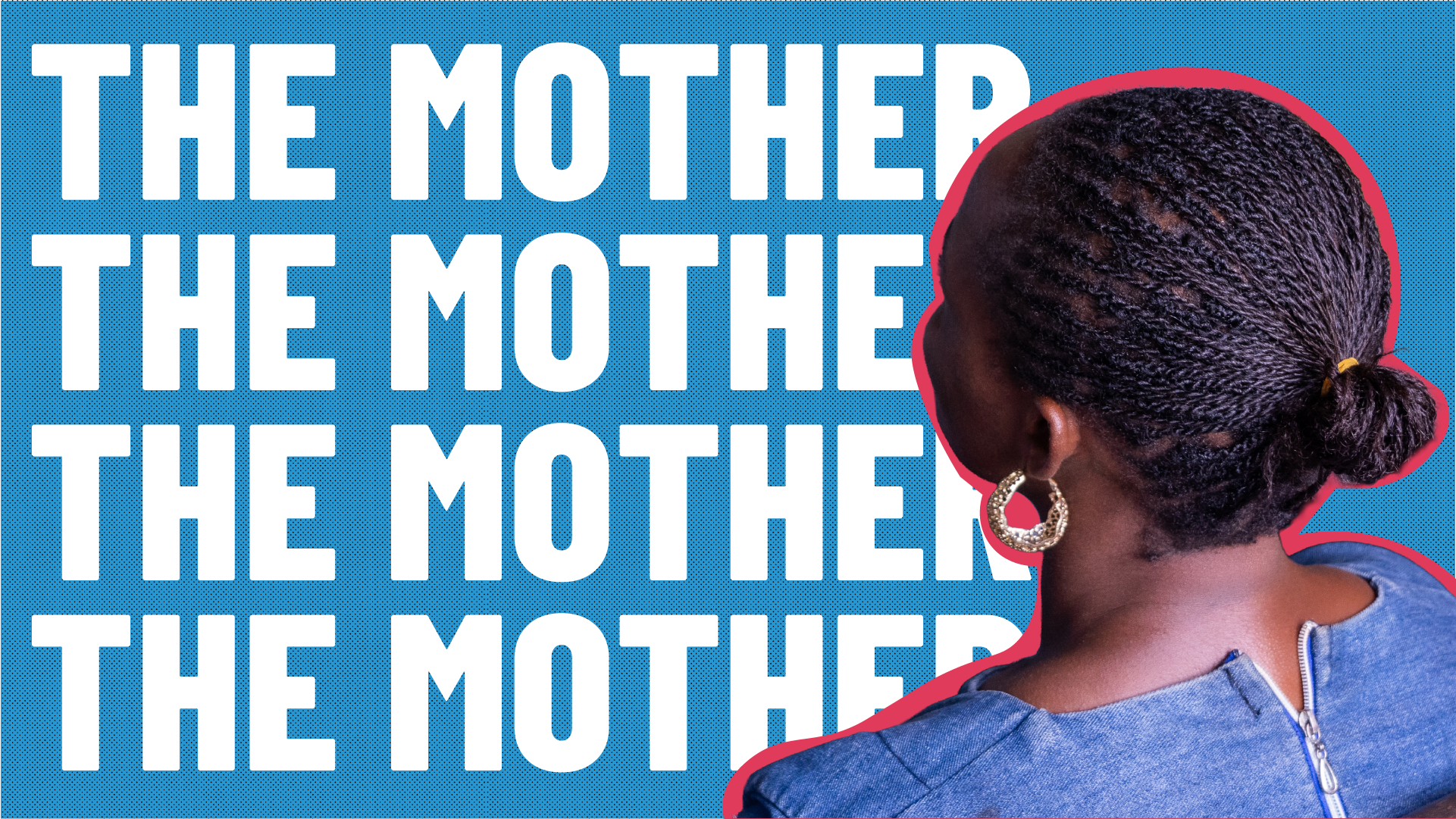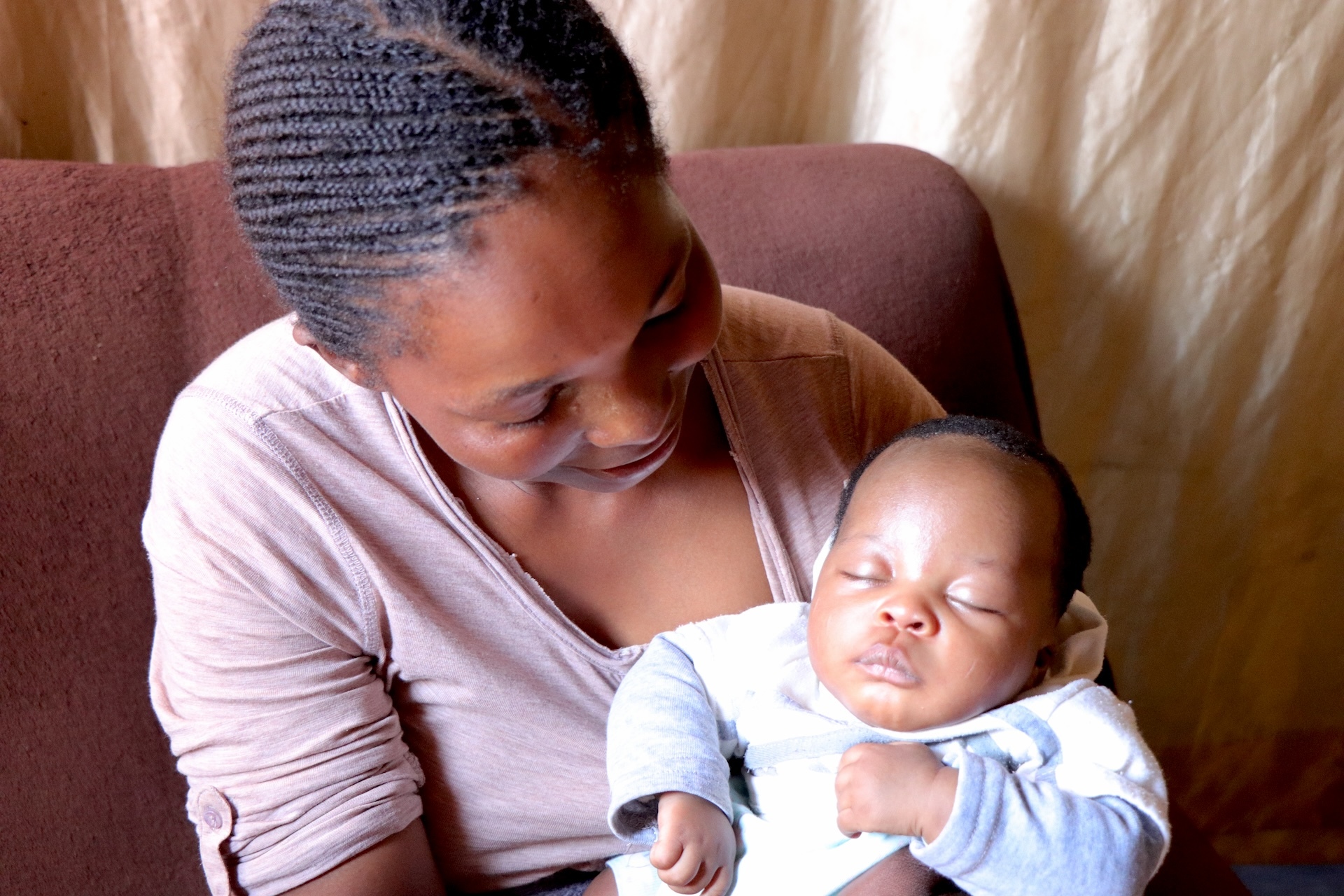A Lifesaving Global Effort
In 1999, the Elizabeth Glaser Pediatric AIDS Foundation (EGPAF) launched one of the world’s first programs to provide antiretroviral therapy (ART) to pregnant women living with HIV, helping prevent transmission of the virus to their newborns.
Following the creation of the U.S. President’s Emergency Plan for AIDS Relief (PEPFAR), EGPAF rapidly scaled up its efforts, transforming maternal and child health care across Africa.
More than two decades later, EGPAF has reached over 33 million pregnant women with lifesaving prevention services.
The Facts
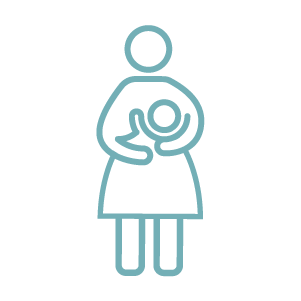
330 children acquire HIV each day — almost all of these infections are preventable.
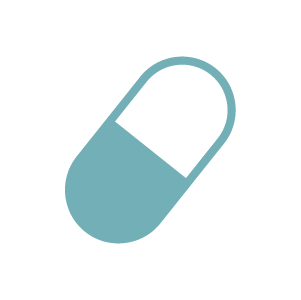
When a mother is on antiretroviral therapy (ART) and remains virally suppressed, the risk of transmission drops to less than 2%.
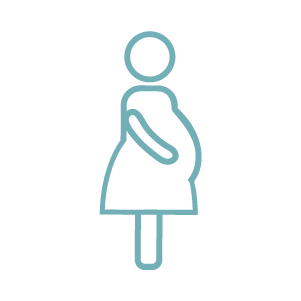
90% of all childhood HIV infections result from mother-to-child transmission.
Progress Toward the Elimination of Vertical Transmission
In 2023, roughly 300 children acquired HIV each day. Almost all these cases could have been prevented. Transmission can occur from mother to infant in pregnancy, during childbirth, and through breastfeeding. However, the risk of vertical transmission drops to less than 2% if a mother is on antiretroviral therapy (ART) and remains virally suppressed for the duration of the pregnancy and postpartum period. Progress toward eliminating vertical transmission has been remarkable — but uneven. Wide disparities remain across regions, leaving far too many mothers and infants without the care they need.
Closing the Gaps for Mothers and Babies
Prevention and treatment for pregnant women living with HIV remain one of the great successes of the global HIV response, yet progress has plateaued for the past decade. No single approach works for all mothers. Solutions must be tailored to each context, taking into account women’s lived realities, barriers to care, and individual needs.
So How Do We End Mother-to-Child Transmission?

Expand Primary Prevention
The best way to keep infants HIV-free is to prevent mothers from ever acquiring HIV. All women — before, during, and after pregnancy — should have access to comprehensive prevention services, including PrEP and other emerging prevention technologies.
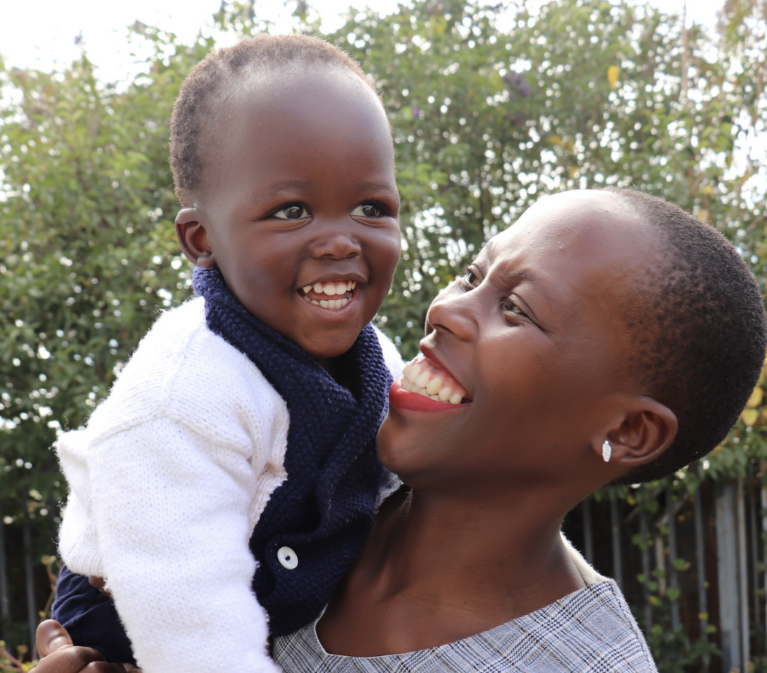
Expand ART Coverage
Connecting every woman living with HIV to lifelong treatment — through pregnancy, delivery, and breastfeeding — is critical for her health and her child’s. At EGPAF-supported sites, women who test HIV-positive during prenatal visits are immediately linked to treatment, counseled on staying in care, and supported to deliver safely in health facilities.
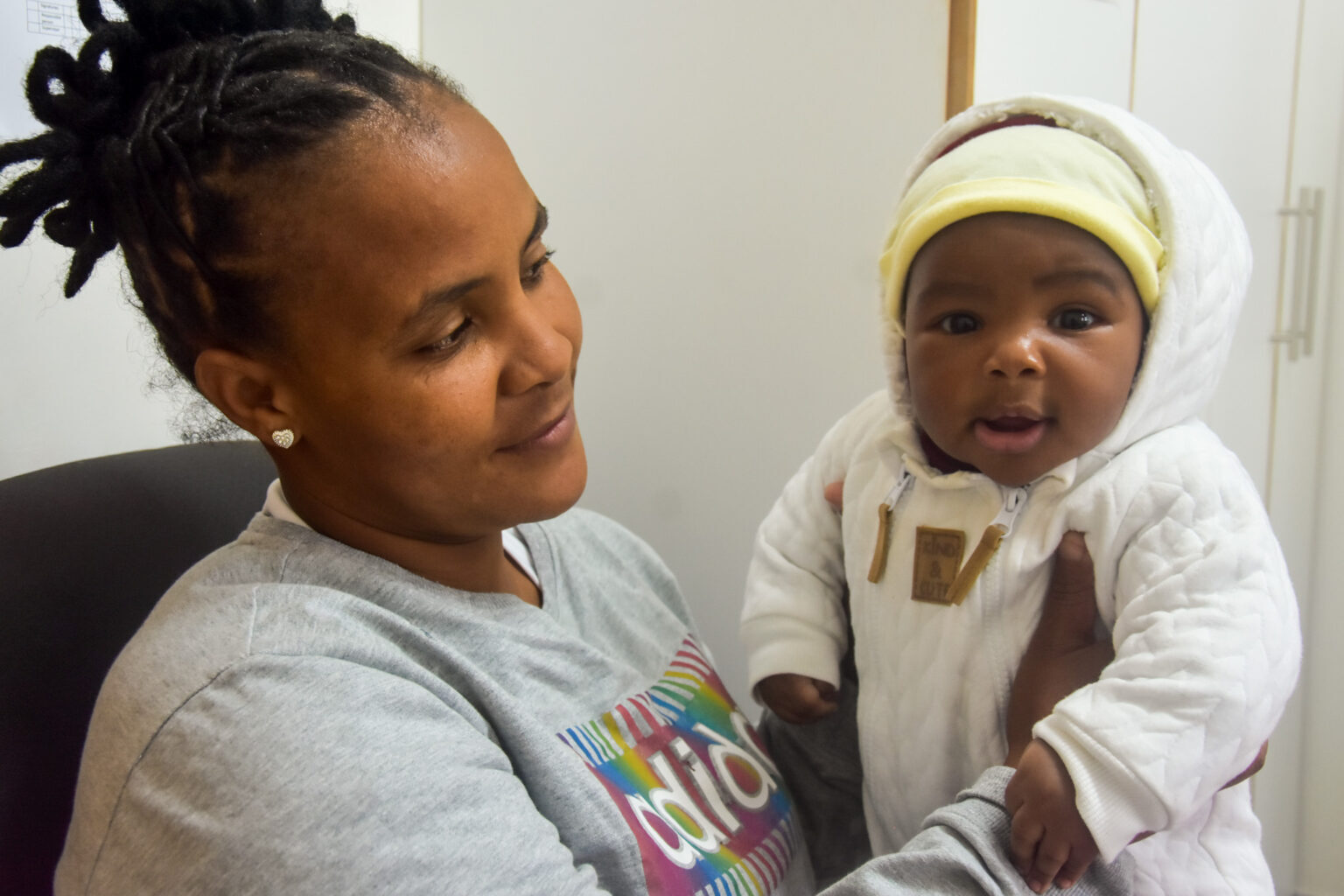
Strengthen Infant Testing and Care
If untreated, HIV-exposed infants face their highest risk of death between six and eight weeks of age. Across maternity and child wellness clinics in sub-Saharan Africa, EGPAF ensures early and continuous care—providing safe infant feeding counseling and rapid early infant diagnosis (EID) through point-of-care testing to enable faster treatment.

